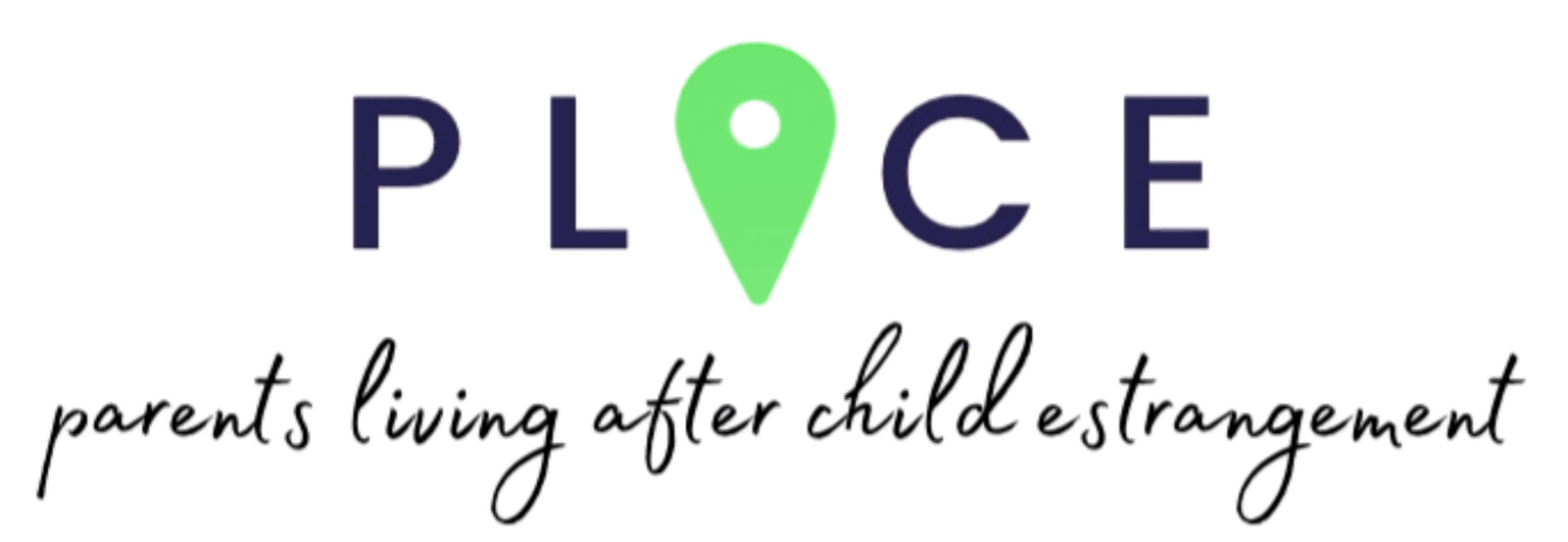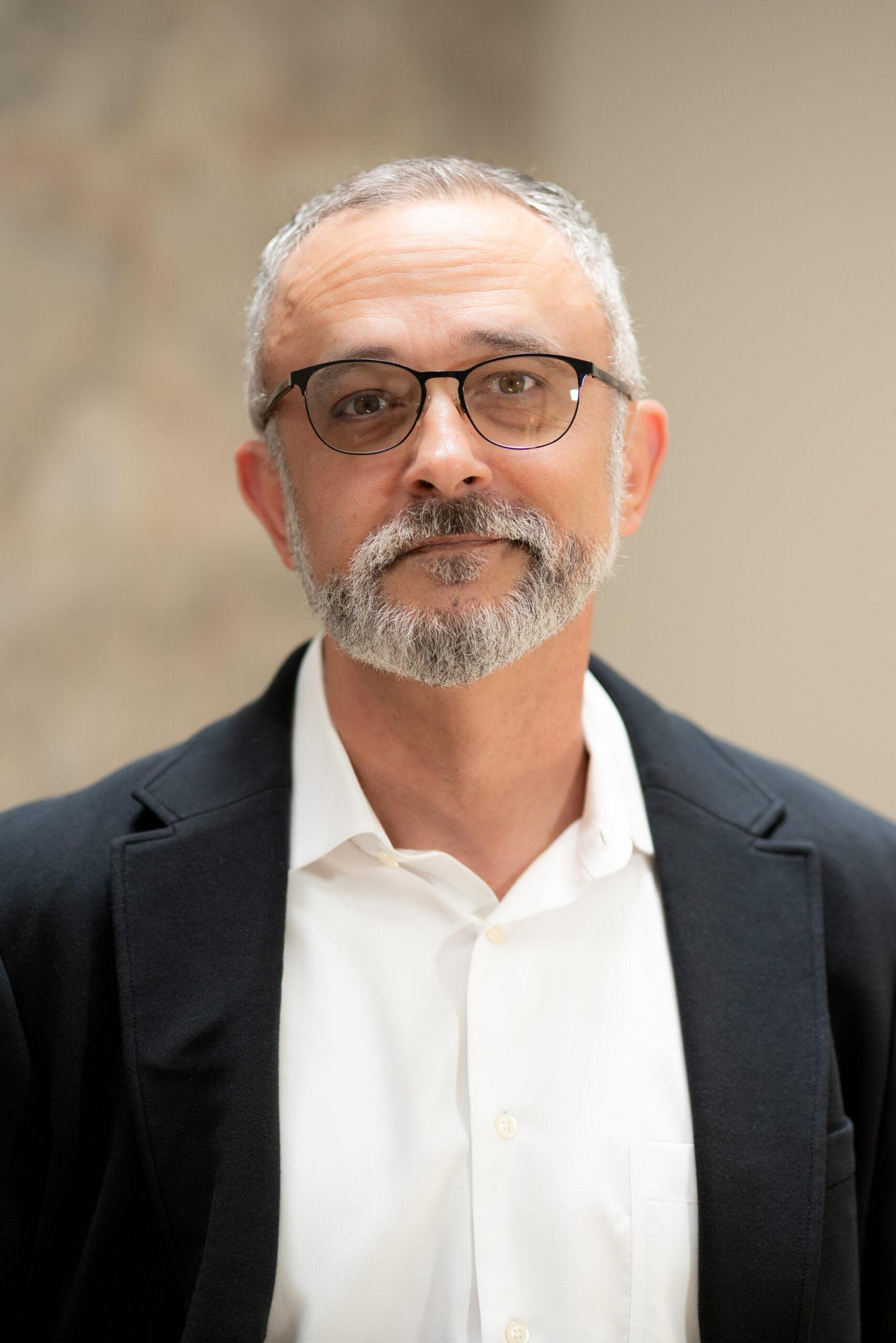Counselors can’t predict the future, though I’ve been in the client chair with a couple who attempted to do so. Because of this, I have a policy of transparency and honesty with clients. I let them know what I think (and why), and I let them know what I don’t have an answer for.
One of our in-person affiliate groups, Parents Empowered After Child Estrangement, is run by Pastor Jerry Bader and his wife Ramona out of their church. Jerry and I both have broadcasting careers in our past; he was an on-air talent, and I worked primarily in production and administrative jobs.
A peer of his in radio needed vacation coverage and solicited Jerry to step in. He then took that opportunity to interview me yesterday about PLACE and parent-child estrangement in general. He’s clearly still got the radio chops, and I was in good hands for our half hour together.
Being interviewed continues to be a fairly new experience for me. I had voice training back in the day, so I don’t worry that I’ll present with distracting vocal habits or tangential responses. However, I’ve learned that after each interview, there tends to be one point I wish I could revisit.
In this instance, it was a question about what to do when a group member makes a case for hopelessness. Like me, Jerry is honest about what he both knows and doesn’t know, and admitted that he was at a bit of a loss.
Now, I think I gave a good answer, but not a great answer. That is, I gave a quick thumbnail sketch of rolling with resistance, and typical tools we use to analyze negative thoughts. However, I feel like I missed an opportunity to emphasize one other point:
It’s ok to not know.
Furthermore, in an instance like that, I remember that I’m in group. PLACE isn’t “The Brian Briscoe Show,” and while I love this work and am eager to engage, part of moderating a group is trusting them to step in. I have a bunch of expensive initials after my name, but sometimes I still draw a blank. In such an situation, I may first defer to the group. “What do you all think? Has anyone here felt like this? What input do you have?”
It’s a bit of a gamble. When I ran groups for law enforcement, attendees were court-mandated, and they sometimes let questions go unanswered. A roomful of people who don’t want to be there will sometimes let the crickets chirp.
A PLACE group, however, is a community. They will step in with observations, suggestions, pep talks, tools of their own, and abundant empathy. Furthermore, if I’m stuck and searching for a response, the group will respond and perhaps do a better job than I could have. Someone might also say just the thing to spark a useful response in the mind of the moderator.
At the end of groups, I mean it when I express my gratitude. In each group, I hear new perspectives, witness support and uncanny bravery, learn from the community, and experience the wonder of trusting this community of peers to provide the support that only they can. We carry each other, so don’t forget:
That means you also carry me.


